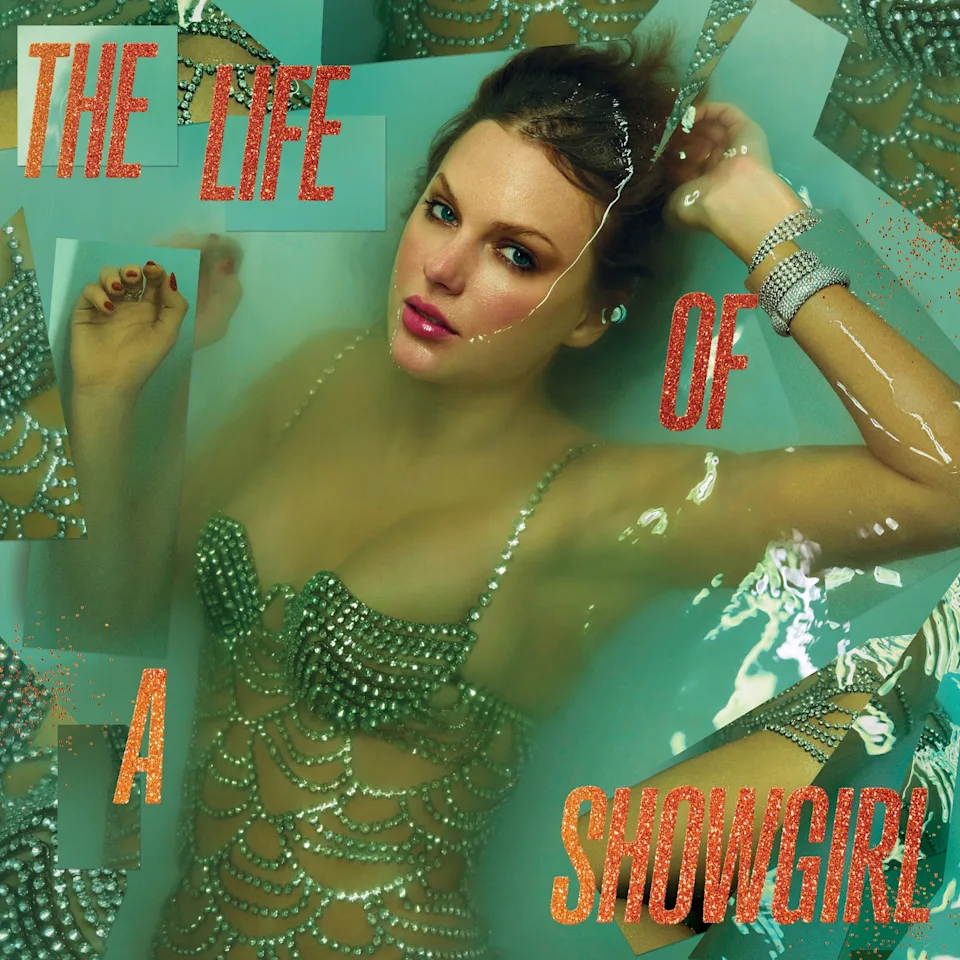
Who would win in a hand-to-hand combat showdown: Tralalero Tralala or Tung Tung Tung Sahur?
Did Ballerina Capuccina cheat on her boyfriend?
And did Prr Prr Patapim and Lirili Larila finally make up after their highly publicized feud?
Only those with over 10 hours of daily screen time can successfully answer these questions, because it takes a special type of person to keep up with the Italian Brain rot Cinematic Universe (IBRCU)—an unemployed one with a 1.5 GPA.
Scrolling through Instagram Reels has never been more confusing for those who clock in– because who made AI-generated half-object-half-animal abominations dubbed over by Italian text-to-speech famous while I was closing last night?
Recently, a new flavor of brain rot, an Italian iteration, has taken short-form content platforms by storm. Brain rot, defined as addictive low-quality social media content that is often simple and nonsensical, can be traced back to as early as 2023 with the creation of the hit online series “Skibidi Toilet.”
Originating with Generation Alpha, the genre’s demographic has expanded to include teenagers and young adults too in the past year, successfully infecting Gen Z within only two years of its creation.
The rapid expansion of brain rot is undoubtedly related to the expansion of generative AI, which makes creating low-quality, bizarre images easier and quicker than ever. Plus, the development of voice-modulating AI programs has made the brain rot experience even more immersive, allowing for the creation of entire fictional universes of brain rot, complete with lore and casts of numerous characters created by hundreds of individuals online.
And though the videos may be entertaining in the moment, the introduction of AI into social media comedy is more ethically concerning than anything.
The content of some of these text-to-speech voice overs is hateful and insensitive. For example, the character Bombardiro Crocodilo’s accompanying voice over translates roughly to: “Bombardiro Crocodilo, an alligator that bombs kids in Gaza and Palestine and doesn’t believe in Allah and loves bombs.”
The Islamophobic message condemns Allah (the Arabic term for “God” in Islam) and makes light of the Israeli-Palestinian conflict in the same breath while managing to go completely unnoticed to most as they chuckle, share the reel and scroll on.
Most consumers of Italian brain rot assume the voice-overs are nonsensical gibberish that complement the absurdity of the meme, and meanwhile the creators must be laughing while viewers unknowingly spread blasphemous messages on the internet.
Another Italian brain rot character, Tralalero Tralala, also has a voice over that condemns Allah for no apparent reason. The English translation is unrelated to the image projected on the screen of a shark dancing in blue tennis shoes, leading most unsuspecting viewers to assume that the voice over includes nothing out of the ordinary.
This is not only disturbing because of the meanings of the hidden content, but also because the trend makes it almost impossible to hold the creators accountable.
No real human reads out the voice-overs or draws the characters, so the only way to trace the creations back to their roots is through digging through hashtags and searching for the first post, which is nearly impossible because of the collectivist nature of the trend.
As if this all wasn’t dystopian enough, it’s important to mention the realism of the memes in and of itself, which is deeply unsettling. I’m not claiming that I thought La Vaca Saturno Saturnita naturally occurred in nature up until now, but I am saying that the closeness to real art and a real human voice is deeply disturbing.
However, I will admit that despite the insane translations and questionable ethicality of the IBRCU, I do think the absurdity of it all is entertaining, and I’m not going to pretend that it’s entirely unfunny. But I do think it’s possible to hold both truths at once: the trend spreads hateful messages and reminds us of the horrors of AI at the same time and also entertains the unassuming Reels-scroller who doesn’t speak Italian, which is most of us.
It’s not the worst thing to come out of the recent AI boom, and it’s certainly not the last, but I think our newest nonsensical obsession serves as a reminder to be conscious of the content we consume and promote online.
Oh and one last confession: I lied about being employed in the beginning of this article. I’ve never worked a closing shift in my life.







